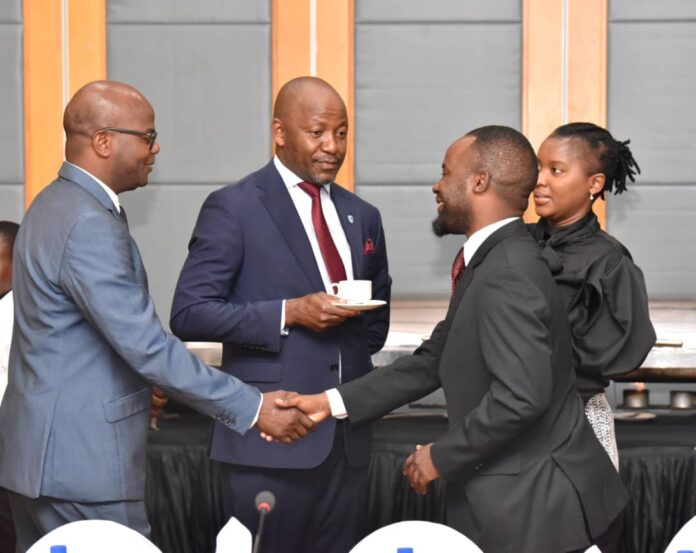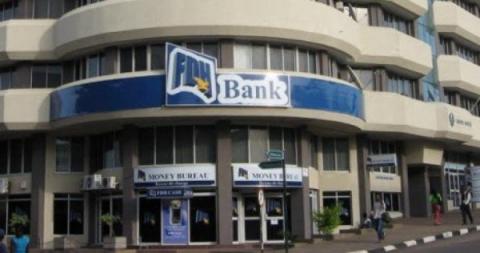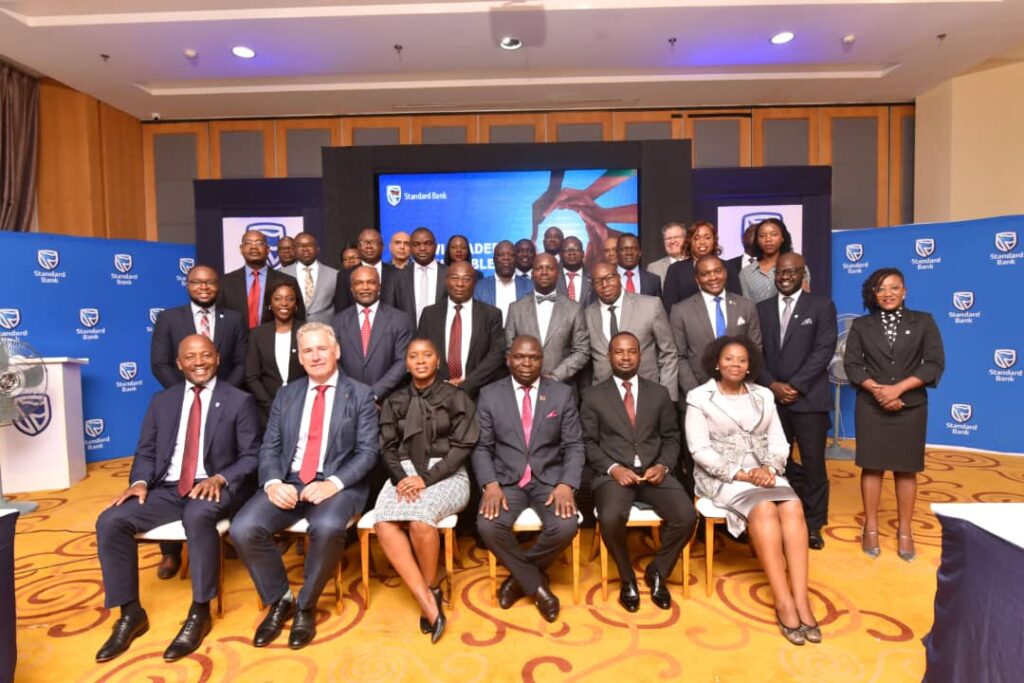
Economic stakeholders have asked the government to urgently correct misalignment of the country’s exchange rate by allowing the Malawi Kwacha to float freely and guaranteeing public accountability of finances to safeguard the new Extended Credit Facility (ECF) of the International Monetary Fund.
The demands are part of a raft of key proposals made during a Standard Bank-hosted round-table discussion in Lilongwe and attended by key cabinet ministers of Finance and Trade, donors, government economic agencies, and the private sector.
In a White Paper released after the closed-door session, the stakeholders proposed a 100-day window for government to act on the key proposals, namely safeguarding the ECF and providing public finance accountability, foreign exchange rate management, abolishing Visa travel restrictions, agricultural commercialization through mega farms, independence of Reserve Bank of Malawi, industrialization, and boosting local capacity for export.
“The forum concluded with high-level commitments to restore the country’s macroeconomic stability and put fundamentals back on the track of recovery. It also resolved to follow through these commitments and use them as building blocks for dialogue in the next 100 days when Malawi will be preparing her crucial 2024/25 National Budget,” reads the paper.
Convenor Standard Bank Chief Executive Phillip Madinga said creating a forum of dialogue and open discussion is the bank’s new initiative aimed at generating consensus at the national level on how to spark economic recovery and growth.
“The negative impact of combined shocks to the economy, macroeconomic instability characterized by devaluation of Kwacha and high interest rates, debt distress, the dollar crunch leading to shortages of essential imports, the widening of trade deficit and lack of accountability and governance as some of the key challenges we face, and require urgent collective action, hence this forum which is in its second year” he said.
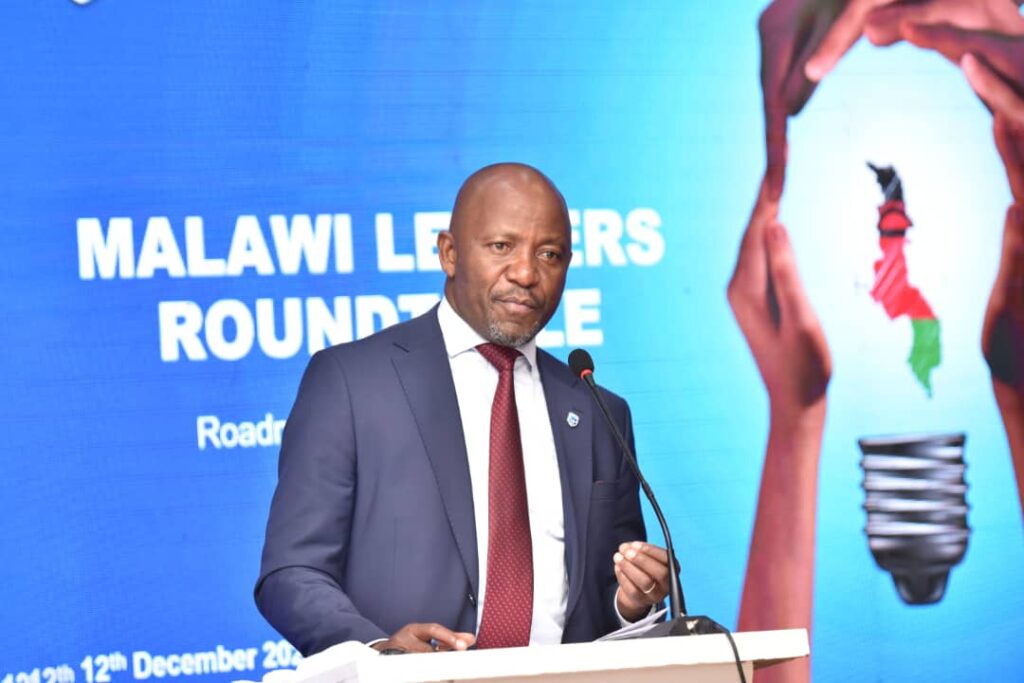
Madinga said on the positive side, Malawi should build on the recently approved budget support under the IMF’s ECF and World Bank’s ‘Reforms and Recovery’ programs, new austerity measures by government, Malawi’s young population to find a way out of the current quagmire in the short to medium and long term.
He also cited key pillars and priorities contained in the country’s vision MW2063, and prevailing opportunities contained in Malawi Implementation Plan 1 of the MW2063, as some of the important building blocks.
Speaking on behalf of the Public/Private Dialogue Forum (PPD), Old Mutual Group Chief Executive Edith Jiya, who is also the Public Private Dialogue convener outlined forex liquidity management framework, minimum farm gate pricing, revision of minimum wage following devaluation, consistent regulatory environment, flexibility in construction industry contracts and narrowing trade imbalance with a focus in improving forex supplies as key issues required urgent action.
“We are in a critical moment, but it’s not the first time to find ourselves he as we have been there before. Going forward, we need to be bold in taking future strategic and collective action as well as learning from past failures with regards to economic planning and management,” she said.
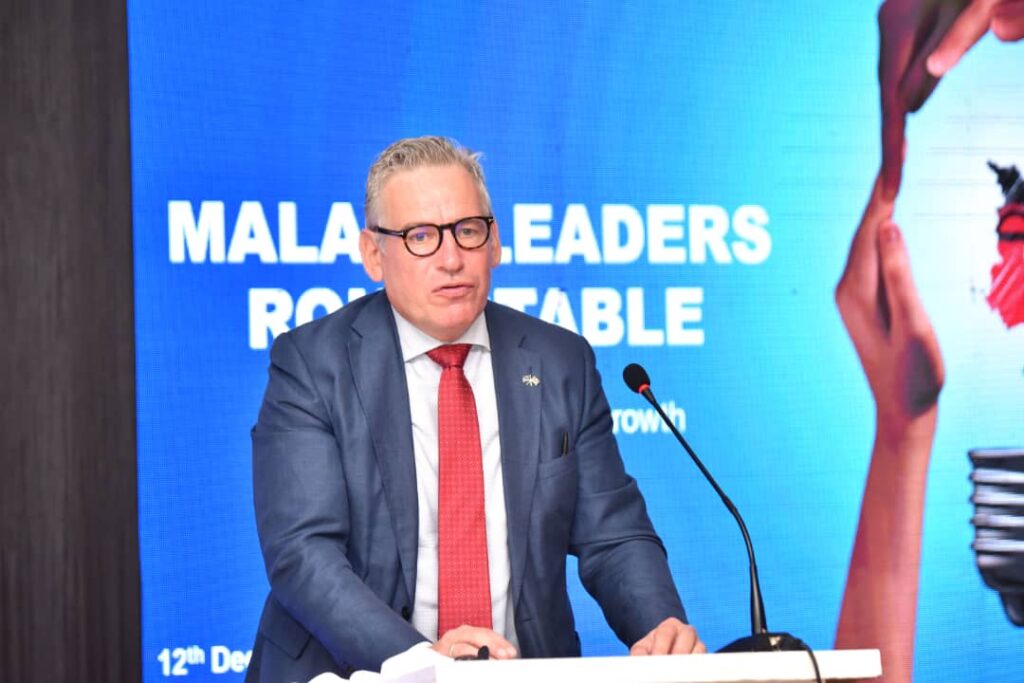
The EU Head of Delegation Ambassador Rune Skinnebach said Malawi faces a litmus test to adhere to the conditions of the new IMF ECF program in the shortest possible time as the country’s next tripartite general elections looms in 2025.
“As development partners, we believe that Malawi needs assistance and, is probably the only country on the continent that has developed the least since independence [in 1964] despite the peacefulness and good land. At the same time the country needs to identify and pick the low hanging fruits across the public and private sector for recovery and growth to be realized,” he said.
Addressing the delegates, both the Minister of Finance Simplex Chithyola Banda and the Minister Trade and Industry Sosten Gwengwe reiterated the government’s recent stand and commitment to encourage and stick to reforms aiming to usher fiscal discipline and reinstating the private sector as the engine of economic growth.
The Finance Minister highlighted stabilization of government debt, containment of money supply and rebuilding of the foreign exchange reserves as some of the measures to support Treasury’s Recover, Develop and Protect (RDP) Plan. The latter plan has been designed to address shortages of Forex, Fuel, Food and Fertilizer (the 4Fs).
He commended Standard Bank for creating the dialogue forums and committing to increase their frequency in 2024.
“I am glad that Standard Bank has organized this important meeting to allow key players in the development arena to exchange ideas on how together we can unhook Malawi from a perpetual low equilibrium. I look forward to, us together, coming up with concrete solutions to unlocking our economic stagnation,” he said.
For his part, Trade Minister Sosten Gwengwe outlined several initiatives underway by government aimed at restoring the capacity of private sector to contribute meaningfully tow growth. These include boosting the legislative and policy framework for small and medium businesses, secondary cooperatives and exports and economic zones, and the anti-smuggling campaign.
The Standard Bank round-table discussion, now in its second year was held under the theme; “Roadmap to Malawi’s Growth”, and attracted over 30 high-level delegates including Malawi Revenue Authority, National Planning Commission, African Development Bank and CEOs of private sector.


